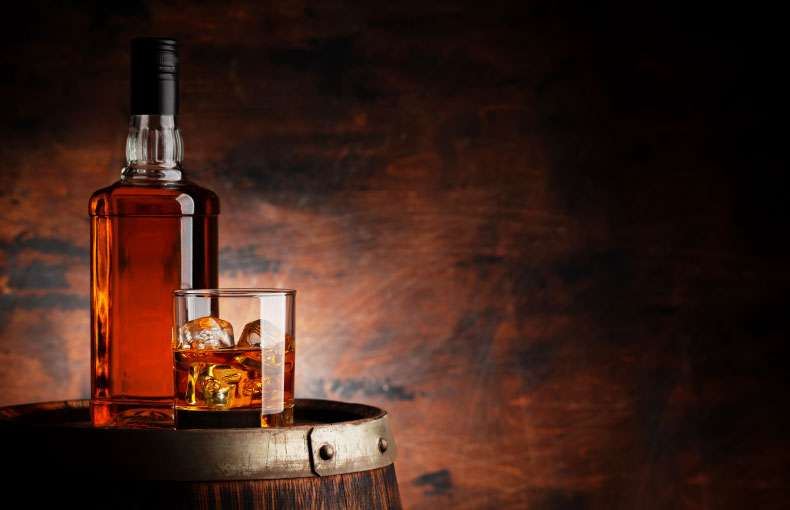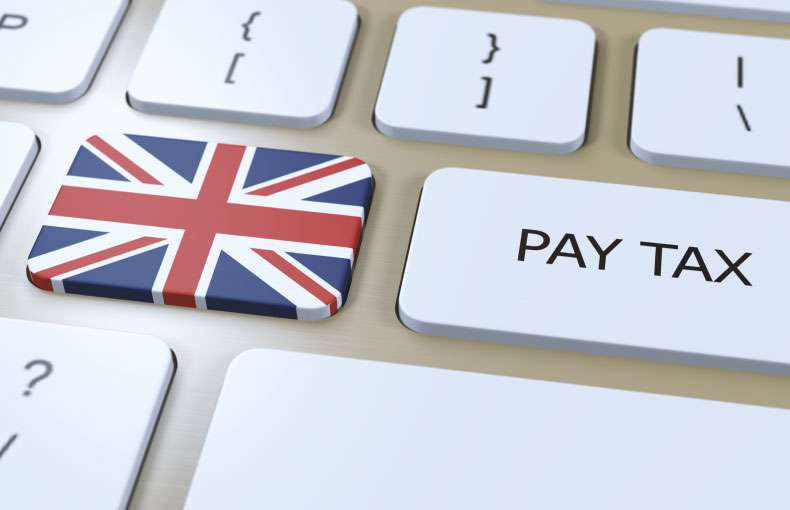Guide to Calculating Whisky Cask Bottling Costs and Considerations
Are you considering delving into the world of whisky casks, whether for personal enjoyment or as part of your collection? Understanding the financial aspects involved in bottling a cask of whisky is crucial for making informed decisions. Stonehouse7 presents this a guide to help you navigate through the calculations and considerations associated with whisky cask ownership.
Original Purchase Price
One of the initial costs to consider when purchasing a whisky cask is the Original Purchase Price. Upon removing your cask from bond, Value Added Tax (VAT) is payable at 20% on the original purchase price of the cask. For example, if you acquired a cask for £2,000, you would owe HM Revenue & Customs (HMRC) £400 in VAT. Similarly, a £20,000 cask would incur £4,000 in VAT.
Cask Yield
Understanding the yield of your cask is essential for determining its value. The industry standard for measuring cask yield is in Litres of Pure Alcohol (LPA). This measurement is also used by HMRC to calculate the duty payable on a cask. If you know the Regauged Litres of Alcohol (RLA) but not the bulk litres, you can calculate the latter using a simple formula: RLA ÷ Alcohol by Volume (ABV) %. For instance, if your RLA is 200 and ABV is 50%, your bulk litres would be 400 (200 ÷ 50%).
Duty
Duty, along with VAT, is payable on each litre of pure alcohol in your cask as per HMRC regulations. The current duty rate stands at £28.74 per RLA plus VAT. For example: If your cask has 360 bulk litres (equivalent to 198 LPA), the duty payable would amount to £5,690, with an additional £1,138 VAT, totalling £6,814.
Uplift and Shipping
Transporting a whisky cask requires specialized handling, typically done by specialist transporters. The cost of uplift and transportation, along with shipping the bottled stock, is factored into this expense. For calculation purposes, an estimate of £1,000 including VAT is commonly used.
Bottling Fees
Bottling fees encompass the costs associated with preparing your whisky for retail. These costs include labels, bottles, corks, capsules, and boxes. While it’s possible to bottle whisky for as little as £4 per unit plus VAT, opting for higher quality packaging at approximately £10 per bottle plus VAT is recommended to maintain a premium appeal.
Final Calculations and Cost per Bottle
After factoring in all expenses, including taxes and bottling costs, the final cost per bottle can be determined. It’s important to note that this cost represents the amount needed to recoup initial expenses and does not include any profit margin. For instance, from an initial cask purchase price of £20,000, the total cost per bottle may amount to £75 to break-even.
Standard Whisky Industry Margins
Understanding industry margins is crucial for realistic expectations. The whisky industry typically operates on a 50-60% mark-up from wholesale to retail. This means that retail prices are typically 50-60% higher than what you can expect to achieve when selling your bottles.
Additional Considerations
Before venturing into bottling your cask, several additional considerations must be taken into account. Firstly, acquiring the necessary licenses to sell alcohol in the UK is mandatory to avoid legal penalties. This includes obtaining a personal license, premise license, and membership of the Alcohol Wholesale Registration Scheme. Secondly, establishing a recognizable brand presence can significantly impact the success of selling your bottled whisky. Without a well-known brand, it can be challenging to attract buyers, even for high-quality products.
In conclusion, while the idea of bottling your whisky cask may seem appealing, it’s essential to carefully weigh the costs and considerations involved. Selling your cask in bond may often prove to be the most cost-effective and straightforward option. If you’re considering your options for selling your cask or have any questions, don’t hesitate to reach out to Stonehouse7 for expert guidance.














